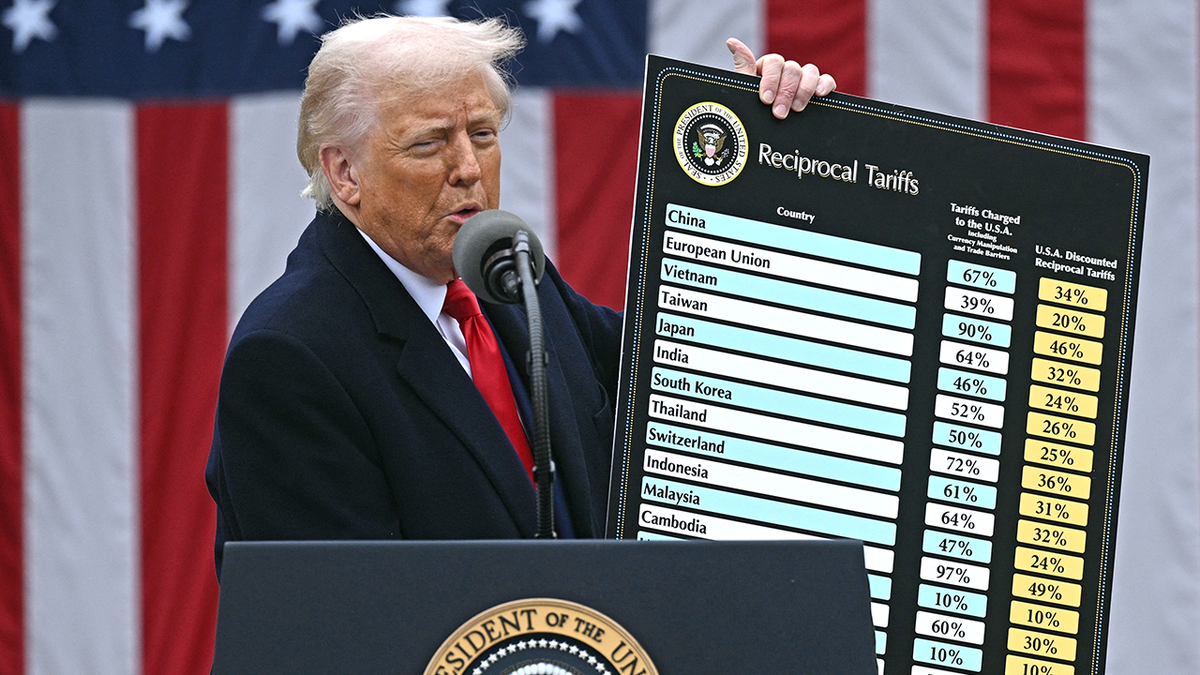
The Challenge of a Unified African Response to US Tariffs
The imposition of new reciprocal import tariffs by the United States on several African countries has sparked debate about whether Africa can present a unified response. These tariffs, announced in July 2025, have created uncertainty for many African nations, with varying rates assigned based on different criteria. While some adjustments were made from earlier announcements, the lack of a clear formula raises questions about the rationale behind these decisions.
Thirty-two out of Africa’s 54 nations received the global minimum rate of 10%, while 18 countries faced a 15% tariff. Tunisia was hit with a 25% rate, and South Africa, Algeria, and Libya were subjected to a 30% tariff. Lesotho, previously burdened with a 50% tariff, saw its rate reduced to 15%. However, despite lobbying efforts, South Africa’s rate remained unchanged. This inconsistency highlights the arbitrary nature of the new tariff structure.
The initial tariffs, announced in April, were based on individual countries’ trade deficits rather than their actual trade barriers. This approach led to anomalies, such as Lesotho’s high rate due to its limited imports from the U.S., despite significant exports. The revised rates in July appear to be more arbitrary, with most African countries falling into the 10% or 15% bracket, except for a few outliers. Political considerations seem to play a role in determining these rates, particularly for countries like South Africa, which has been targeted over policy disagreements and recent actions related to the Israeli-Palestinian conflict.
Algeria’s higher rate may be linked to its stance against Morocco, a participant in the Abraham Accords. The reasons for Libya and Tunisia’s elevated tariffs remain unclear. Analysts suggest that the economic rationale behind these tariffs is not well thought through, leaving many African countries at a competitive disadvantage.
Despite calls for a unified African response, there has been little sign of coordination. Wamkele Mene, Secretary-General of the African Continental Free Trade Area (AfCFTA), emphasized the need for African countries to unify their trade policies to counteract the disruptions caused by the U.S. tariffs. He argued that no single African market can survive independently and that collective action is essential.
However, Daniel Bradlow, an economic diplomacy expert, warns that achieving a unified strategy across 54 countries is idealistic. He points out that the U.S. could easily divide African nations by offering favorable deals to individual countries, undermining any coordinated effort. Instead, he advocates for strengthening the AfCFTA, which remains underdeveloped and needs faster implementation.
Africa’s current trade dynamics also pose challenges. Intra-African trade remains low, at under 20% globally, highlighting the need for regional integration. Accelerating the AfCFTA’s progress is critical for enhancing resilience against external pressures like rising tariffs and declining aid.
While some African countries continue to negotiate with the U.S., the focus is shifting from mitigation to adaptation. South Africa, for instance, is establishing an Export Support Desk to assist firms and implementing measures to support key industries. Meanwhile, China’s drop in import tariffs on many African countries presents an alternative opportunity, though reliance on the U.S. economy remains significant.
The long-term impact of these tariffs could extend beyond trade volumes, affecting industrial jobs, regional supply chains, and Africa’s ability to shape global trade terms. As the situation evolves, African nations must prioritize domestic economic development and regional cooperation to navigate this complex landscape effectively.
